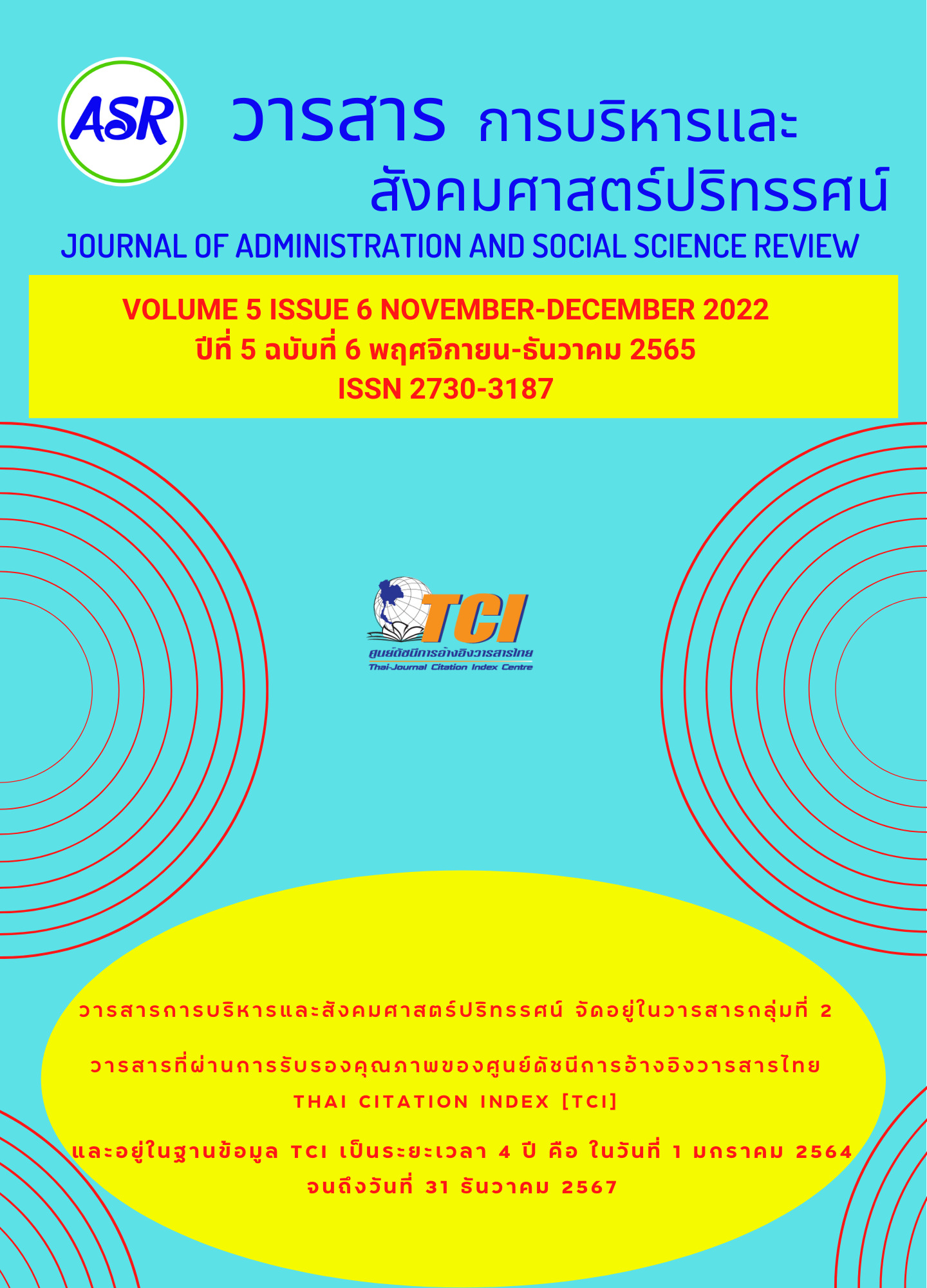Sustainable Development of a Small School in the Whole System: Case Study of Ban Huai Chalong School Muang District Uttaradit Province
Keywords:
development, small school, sustainable development in the whole systemAbstract
The objectives of this study were: 1) to study problems and development needs; 2) to develop teachers’ learning management styles appropriate in the context; and 3) to develop a strong community network. There were 2 sample groups. The first group of 33 people was used to study the problems and development needs consisting of school administrator, teachers, school, committees, parents, and community leaders. The second group of 18 people was to study the result of activities to develop learning management and networking consisting of school administrator, teachers, school committees, parent representatives and community leaders. Research tools were interviews, and records of organizing the community forums and group meetings. The statistical tools used to analyze the data were frequency and percentage.
The results showed that as the serious problem, some classrooms did not have teachers; then, students had the low academic achievement. As the family problems, the parents did not have time to inculcate their children; mostly, their grandparents were living with them. The development needs were to provide both teachers with trainings of learning management and media production skills, and parents with trainings of adolescence raising. These training activities participated by the teachers and parents made the students more enthusiastic about their learning; increasingly, they were sharing their opinions with the teachers and parents, and their test scores of all subjects were higher. Furthermore, the parents were improving their attentions with the positive attitudes: listening actively to their children. They found the value of engagement for monitoring the children behaviors.



